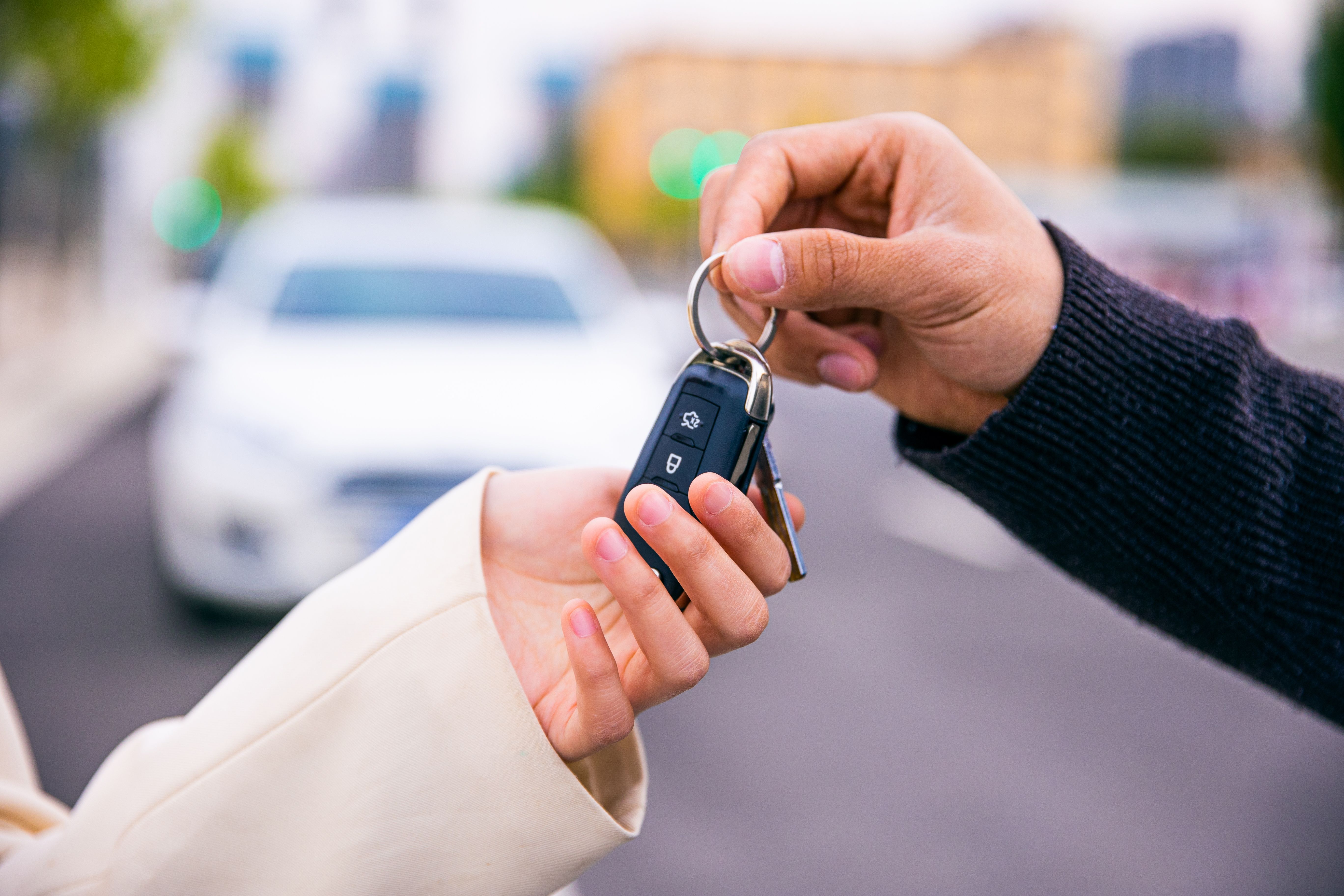Fraud Guidance: How to Protect Yourself When Buying a Car
Buying a car should be exciting, not risky. Cazoo’s fraud guidance helps you identify scams, verify sellers, and make secure purchases with confidence.
The Cazoo editorial team
Published on 22 August 2025 | 3 mins read

Buying a car can be a thrilling experience, but it’s also important to stay vigilant. Fraudulent sellers and scams can turn what should be a happy purchase into a nightmare. The good news? A little preparation can help you spot and avoid these issues before they become costly mistakes. Here’s everything you need to know to protect yourself while buying a car.
Understanding Fraud vs. Civil Disputes
It’s common to feel unsure about whether an issue with a seller qualifies as fraud or a civil dispute. Here’s how to differentiate the two:
- Fraud involves criminal behaviour, like misrepresenting a car’s condition, falsifying documents, or selling stolen vehicles. Criminal fraud must be reported to the police and, if proven in court, can result in fines or prison time for the offender.
- Civil disputes, on the other hand, happen when buyers and sellers disagree over the terms of the sale or feel misled, but no law has been broken. These are resolved in civil court, where the focus is on financial compensation or recovering property.
It’s crucial to recognise the nature of the issue, as the steps you take to address it will depend on this distinction.
How to Spot Fraud When Buying a Car
Buying a car is a major investment, and fraudulent sellers know how to take advantage of trusting buyers. Here’s what to look out for:
1. Sketchy Advertisements
Dishonest sellers often lure buyers with fake listings that underprice vehicles to grab attention. If the price looks suspiciously low, proceed with caution.
- Red flag: Vague descriptions or stock images instead of real photos of the car.
- Tip: Compare the listing with similar cars to gauge whether the pricing is reasonable.
2. Mismatched Vehicle Identification Details
A car’s VIN (Vehicle Identification Number) is like its fingerprint. If the VIN on the car doesn’t match what’s in the logbook (V5C document), it could indicate tampering or theft.
- Red flag: VINs that appear scratched, altered, or not consistent across the car’s chassis and documents.
- Tip: Always verify registration and VIN details online via the DVLA’s official website.
3. Pressure to Act Quickly
Scammers often create an artificial sense of urgency to rush buyers into bad decisions. You might hear claims like, “Another buyer is interested,” to push you into paying upfront or skipping essential checks.
- Red flag: Hesitation or refusal to allow a pre-purchase inspection.
- Tip: Take your time. Walk away if you feel pressured or uncomfortable.

Your Step-by-Step Plan for Staying Safe
Here’s how to keep yourself protected when navigating the car-buying process:
1. Run a Full Background Check
Conducting due diligence on the car’s history is a must. Services like a vehicle history check can tell you if the car has outstanding finance, has been stolen, or written off following a major accident.
2. Verify the Seller’s Identity
When buying from a private seller, confirm that they’re the registered owner of the vehicle as listed on the V5C logbook. A genuine seller should be comfortable with you inspecting the logbook and providing proof of ownership.
If you’re buying online, be cautious of listings from unverified or new sellers. Platforms such as eBay or classified websites often provide seller ratings—make use of these to assess credibility.
3. Inspect the Car in Person
This can’t be stressed enough; always view the car in person before purchasing. Check its condition against the advertisement and request an independent mechanical inspection if something feels off. Inspections provide peace of mind and can help identify costly issues that may not be obvious at first glance.
4. Trust Secure Payment Methods
Avoid paying cash if possible, and definitely steer clear of wire transfers. Paying via credit card or other secure methods gives you more protection in case things go wrong.
- Tip: Don’t hand over money until you’ve completed all the necessary checks and are confident in both the car and the seller.
What to Do If You Suspect Fraud
If you suspect that a seller is attempting to defraud you, here’s how to act quickly:
- Report the Incident via Action Fraud
Action Fraud is the UK’s national fraud and cybercrime reporting centre. They’ll assess your situation and, if needed, forward it to the police for investigation. Be sure to keep copies of all correspondence and document everything for your report.
- Alert Third-Party Websites
If the vehicle was listed on an online platform like Auto Trader or social media, report the fraudulent listing with all the details you can provide. Most major platforms take swift action to remove scams and support victims.
- Reach Out to Other Relevant Authorities
For example, contact the DVLA for concerns about false V5C logbooks or mismatched registration details.
Keeping these steps in mind will help protect your rights as a buyer and ensure fraudulent sellers face appropriate consequences.
Additional Resources for Car Buyers
- Action Fraud: Report fraud and cybercrime.
- DVLA: Verify registration documents and additional car information.
- Get Safe Online: Learn more about online safety when buying cars.
- Citizens Advice: Get advice about consumer rights when purchasing cars.
By ensuring you’re well-informed and vigilant every step of the way, you can confidently enjoy the experience of buying your next car without falling victim to fraud.